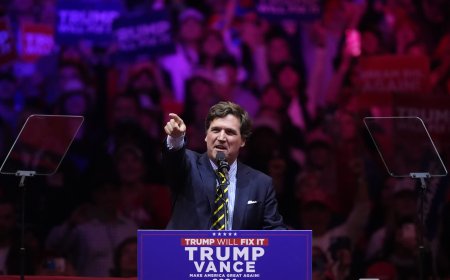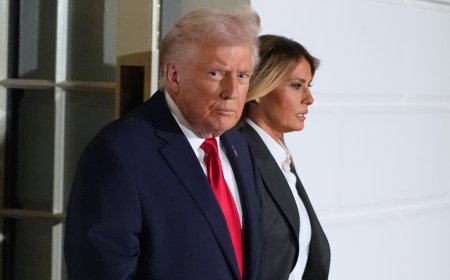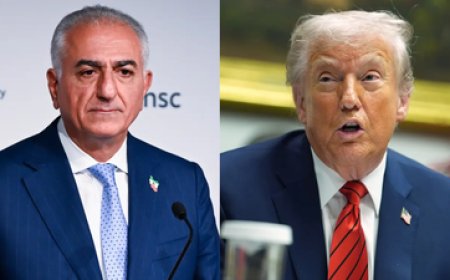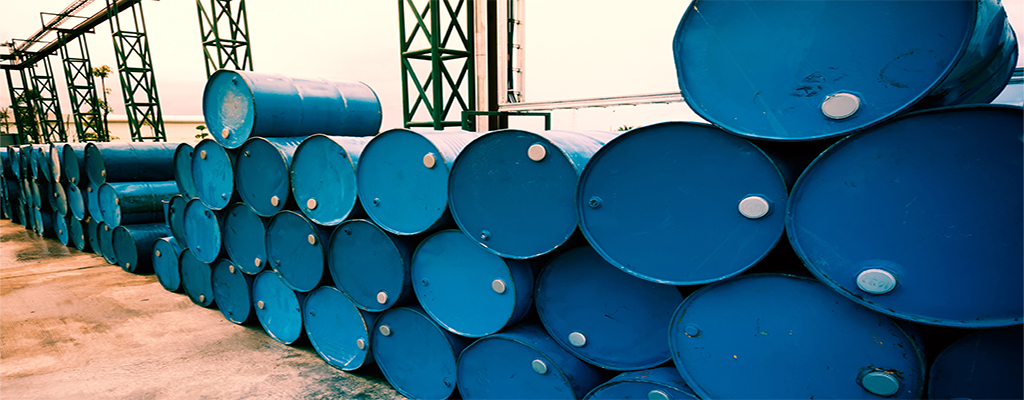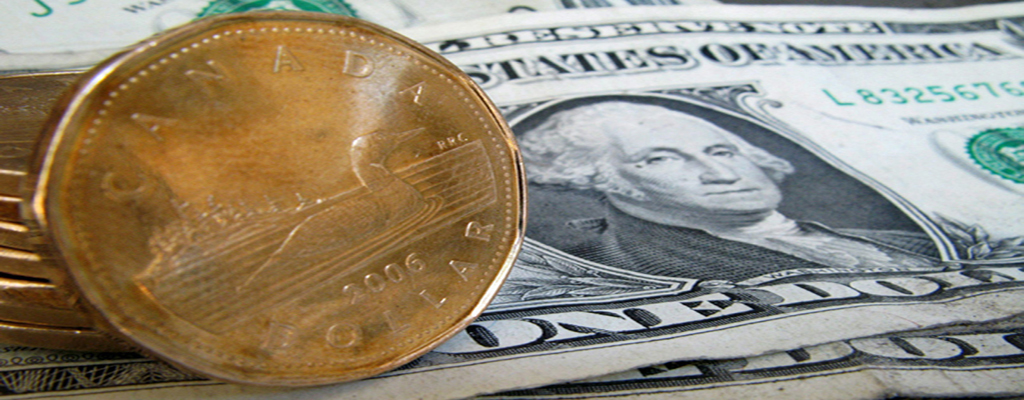Canada Removes Most Counter Tariffs On U.S. Imports
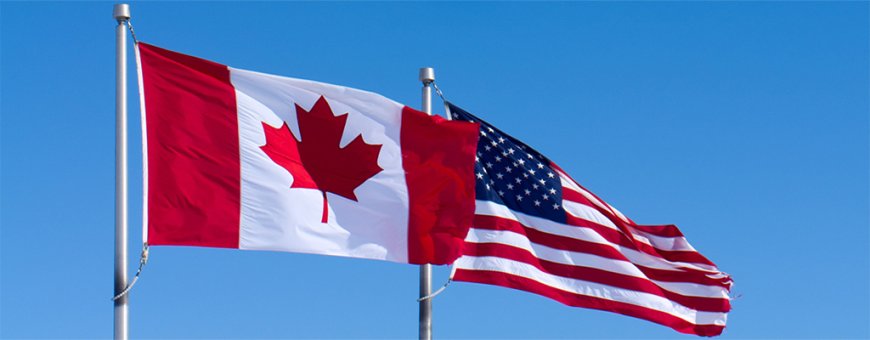
Canada is removing most of the counter tariffs it had levied on U.S. imports in a bid to restart trade negotiations with the administration of U.S. President Donald Trump.
Canadian Prime Minister Mark Carney announced the decision late on Aug. 22 after holding a meeting with his cabinet and a telephone call with President Trump.
However, Prime Minister Carney said Canada’s tariffs on U.S. steel, aluminum, and vehicles are not changing and that the government’s “focus is squarely on these strategic sectors.”
The prime minister also stressed that he received assurances from President Trump that scrapping some countermeasures will help to restart trade negotiations between the countries.
Canada and the U.S. have been in a trade battle since the start of this year, when the Trump administration imposed sweeping tariffs on Canadian goods, with the steepest levies applied to steel, aluminum, copper, and automobiles.
However, products that are covered by the existing Canada-U.S.-Mexico free trade agreement — known as CUSMA — are exempt from U.S. tariffs.
The exemptions place the effective U.S. tariff rate applied to Canadian goods at about 3%.
Prime Minister Carney said that while the U.S. has imposed 50% tariffs on steel and aluminum, Canada’s counter tariffs on those products will remain at 25%.
The CUSMA trade deal is up for review in 2026, and Prime Minister Carney said his government is preparing now for a renegotiation of that agreement.
The decision to remove most counter tariffs on U.S. goods was harshly criticized by opposition politicians in Ottawa and industry.
The Canadian Steel Producers Association said the federal government in Ottawa has now “taken an elbows down approach on steel.”
Conservative Leader Pierre Poilievre criticized the Liberal government for the concessions it made to the U.S., calling it “capitulation” and showing “weakness” on the world stage.












